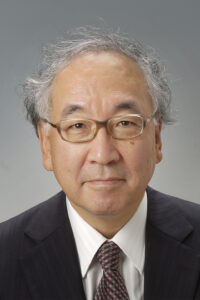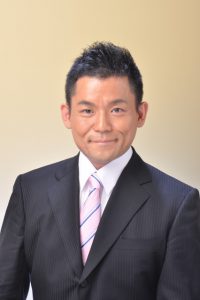
< Key Points > Difficult international conditions forcing a decision on maintaining the status quo Need to take political action to avoid the collapse of the universal pension and health insurance system Diplomatic measures to prevent issues surrounding the Senkaku Islands from escalating into military conflict The Upper House elections saw a fourth consecutive national election victory for Prime Minister Abe Shinzo. On the domestic front, one of the reasons behind voters’ decision was down to expectations of the Japanese market broadening its horizons, as a result of current economic policy and progress with the Trans-Pacific Partnership (TPP) agreement. In particular, domestic restrictions standing in the way of the TPP would have remained unresolved under any administration other than Abe. Another reason why voters chose to retain the current administration was down to fundamental concerns regarding Japan’s involvement in the international community. Amidst growing ... ... [Read more]

